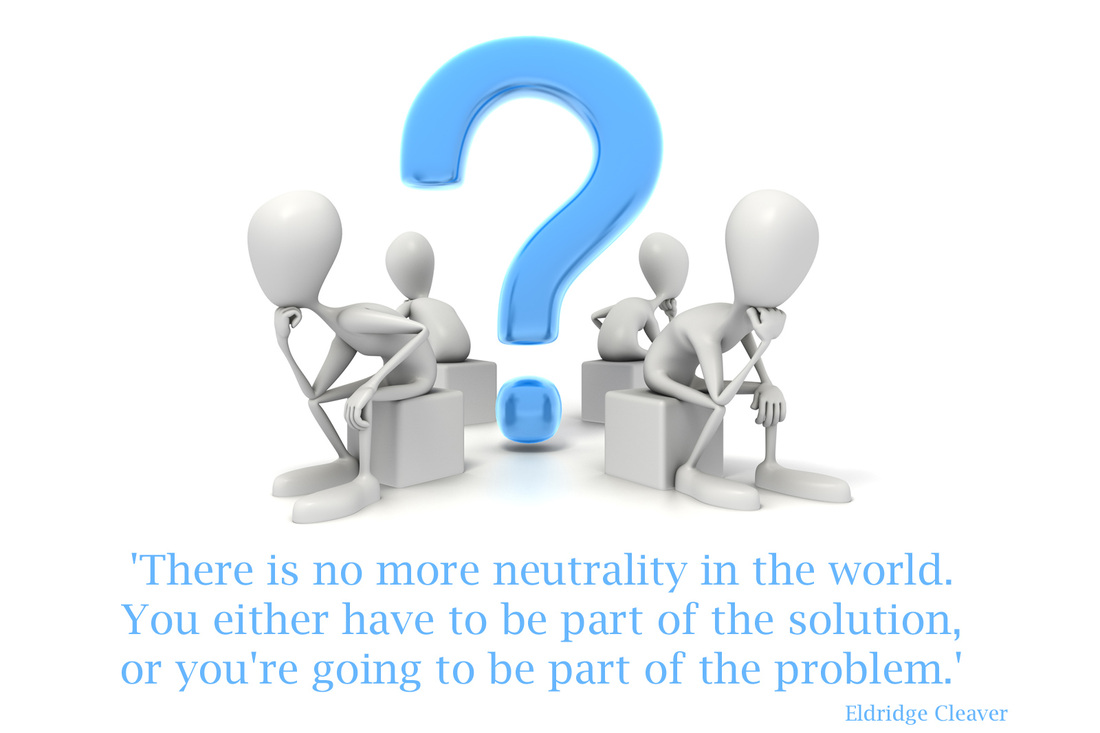Where I Started
In my recent update on that first article I wrote about getting to meet Dr. Harpold and my desire to learn more about the difference in life expectancy due to race. We also interviewed Drs. Bardhan and Parisi from NIH about DS-Connect so that our community could learn more about the work they’re doing and how we as families can help.
Taking a Big Step
I took a big step after reading that piece and contacted the research coordinator asking for more information.
Walking the Walk
I don’t know if he’ll be selected to participate or not – but I feel that I’ve taken an important step in the right direction. I know we’ll be talking about research and how important it is for our community for a long time to come. Many people have said that Down syndrome is one of the least funded major genetic conditions. I have to wonder if part of the reason for that is a lack of interest from parents, like me.
Whether or not we end up in this particular study, I’ll be on the lookout for ways I can contribute to the body of knowledge that helps our loved ones live longer, happier, and healthier lives. (Maybe I’ll convince a few of you to join me.)

